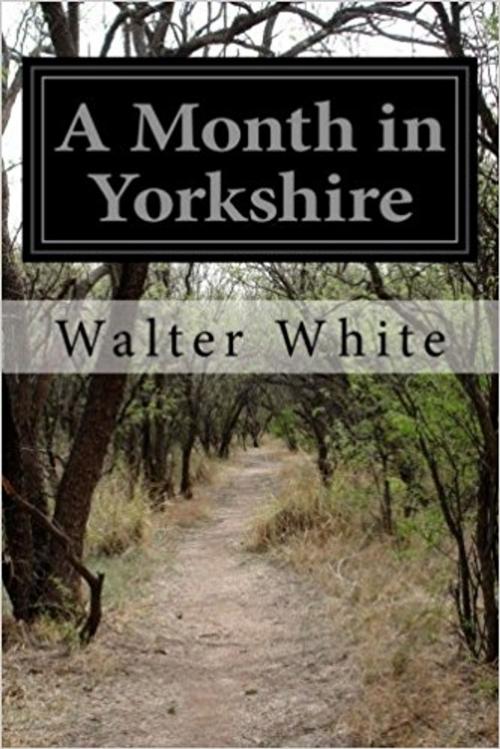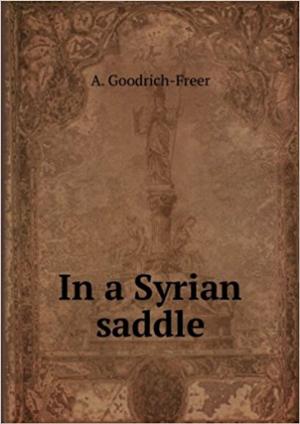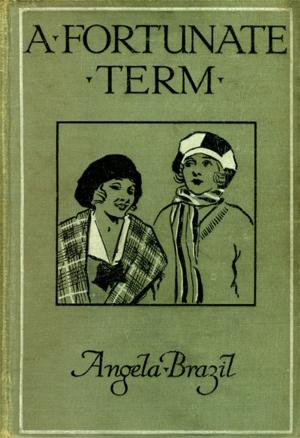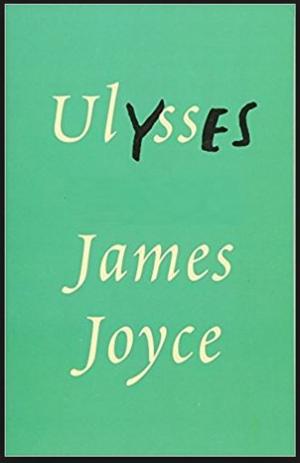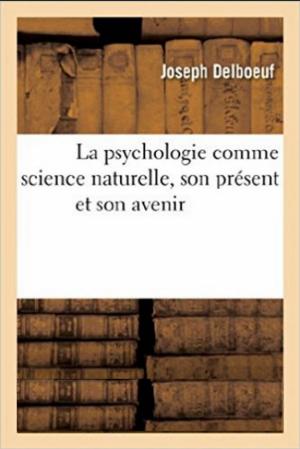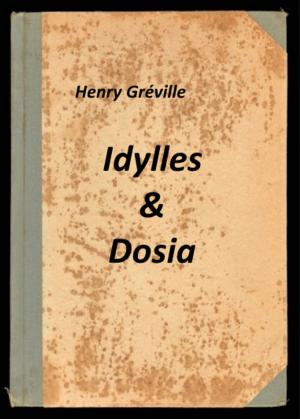| Author: | WALTER WHITE | ISBN: | 1230002315751 |
| Publisher: | Jwarlal | Publication: | May 11, 2018 |
| Imprint: | Language: | English |
| Author: | WALTER WHITE |
| ISBN: | 1230002315751 |
| Publisher: | Jwarlal |
| Publication: | May 11, 2018 |
| Imprint: | |
| Language: | English |
I had cheerful recollections of Yorkshire. My first lessons in self-reliance and long walks were learned in that county. I could not forget how, fresh from the south, I had been as much astonished at the tall, stalwart forms of the men, their strange rustic dialect and rough manners, as by their hearty hospitality. Nor could I fail to remember the contrast between the bleak outside of certain farm-houses and the rude homely comfort inside, where a ruddy turf fire glowed on the hearth, and mutton hams, and oaten bread, and store of victual burdened the racks of the kitchen ceiling. Nor the generous entertainment of more than one old hostess in little roadside public-houses, who, when I arrived at nightfall, weary with travel, would have me sit at the end of the high-backed settle nearest the fire, or in the ‘neukin’ under the great chimney, and bustle about with motherly kindness to get tea ready; who, before I had eaten the first pile of cakes, would bring a second, with earnest assurance that a “growing lad” could never eat too much; who talked so sympathisingly during the evening—I being at times the only guest—wondering much that I should be so far away from home: had I no friends? where was I going? and the like; who charged me only eighteenpence for tea, bed, and breakfast, and once slily thrust into my pocket, at parting, a couple of cakes, which I did not discover till half way across a snow-drifted moor, where no house was in sight for many miles.[Pg 2] All this, and much more which one does not willingly forget, haunted my memory.
The wild scenery of the fells, the tame agricultural region, and the smoky wapentakes, where commerce erects more steeples than religion, were traversed during my rambles. While wandering in the neighbourhood of Keighley, I had seen Charlotte Brontë’s birthplace, long before any one dreamed that she would one day flash as a meteor upon the gaze of the “reading public.” Rosebury Topping had become familiar to me in the landscapes of Cleveland, and now a desire possessed me to get on the top of that magnificent cone. In the villages round about its base I had shared the pepper-cake of Christmas-tide; and falling in with the ancient custom prevalent along the eastern coast from Humber to Tyne, had eaten fried peas on Carlin Sunday—Mid-Lent of the calendar—ere the discovery of that mineral wealth, now known to exist in such astonishing abundance, that whether the British coal-fields will last long enough or not to smelt all the ironstone of Cleveland, is no longer a question with a chief of geologists. I had mused in the ruin where Richard the Second was cruelly murdered, at Pontefract; had looked with proper surprise at the Dropping Well, at Knaresborough, and into St. Robert’s Cave, the depository of Eugene Aram’s terrible secret; had walked into Wakefield, having scarcely outlived the fond belief that there the Vicar once dwelt with his family; and when the guard pointed out the summits as the coach rolled past on the way from Skipton to Kirkby Lonsdale, had no misgivings as to the truth of the saying
I had cheerful recollections of Yorkshire. My first lessons in self-reliance and long walks were learned in that county. I could not forget how, fresh from the south, I had been as much astonished at the tall, stalwart forms of the men, their strange rustic dialect and rough manners, as by their hearty hospitality. Nor could I fail to remember the contrast between the bleak outside of certain farm-houses and the rude homely comfort inside, where a ruddy turf fire glowed on the hearth, and mutton hams, and oaten bread, and store of victual burdened the racks of the kitchen ceiling. Nor the generous entertainment of more than one old hostess in little roadside public-houses, who, when I arrived at nightfall, weary with travel, would have me sit at the end of the high-backed settle nearest the fire, or in the ‘neukin’ under the great chimney, and bustle about with motherly kindness to get tea ready; who, before I had eaten the first pile of cakes, would bring a second, with earnest assurance that a “growing lad” could never eat too much; who talked so sympathisingly during the evening—I being at times the only guest—wondering much that I should be so far away from home: had I no friends? where was I going? and the like; who charged me only eighteenpence for tea, bed, and breakfast, and once slily thrust into my pocket, at parting, a couple of cakes, which I did not discover till half way across a snow-drifted moor, where no house was in sight for many miles.[Pg 2] All this, and much more which one does not willingly forget, haunted my memory.
The wild scenery of the fells, the tame agricultural region, and the smoky wapentakes, where commerce erects more steeples than religion, were traversed during my rambles. While wandering in the neighbourhood of Keighley, I had seen Charlotte Brontë’s birthplace, long before any one dreamed that she would one day flash as a meteor upon the gaze of the “reading public.” Rosebury Topping had become familiar to me in the landscapes of Cleveland, and now a desire possessed me to get on the top of that magnificent cone. In the villages round about its base I had shared the pepper-cake of Christmas-tide; and falling in with the ancient custom prevalent along the eastern coast from Humber to Tyne, had eaten fried peas on Carlin Sunday—Mid-Lent of the calendar—ere the discovery of that mineral wealth, now known to exist in such astonishing abundance, that whether the British coal-fields will last long enough or not to smelt all the ironstone of Cleveland, is no longer a question with a chief of geologists. I had mused in the ruin where Richard the Second was cruelly murdered, at Pontefract; had looked with proper surprise at the Dropping Well, at Knaresborough, and into St. Robert’s Cave, the depository of Eugene Aram’s terrible secret; had walked into Wakefield, having scarcely outlived the fond belief that there the Vicar once dwelt with his family; and when the guard pointed out the summits as the coach rolled past on the way from Skipton to Kirkby Lonsdale, had no misgivings as to the truth of the saying
